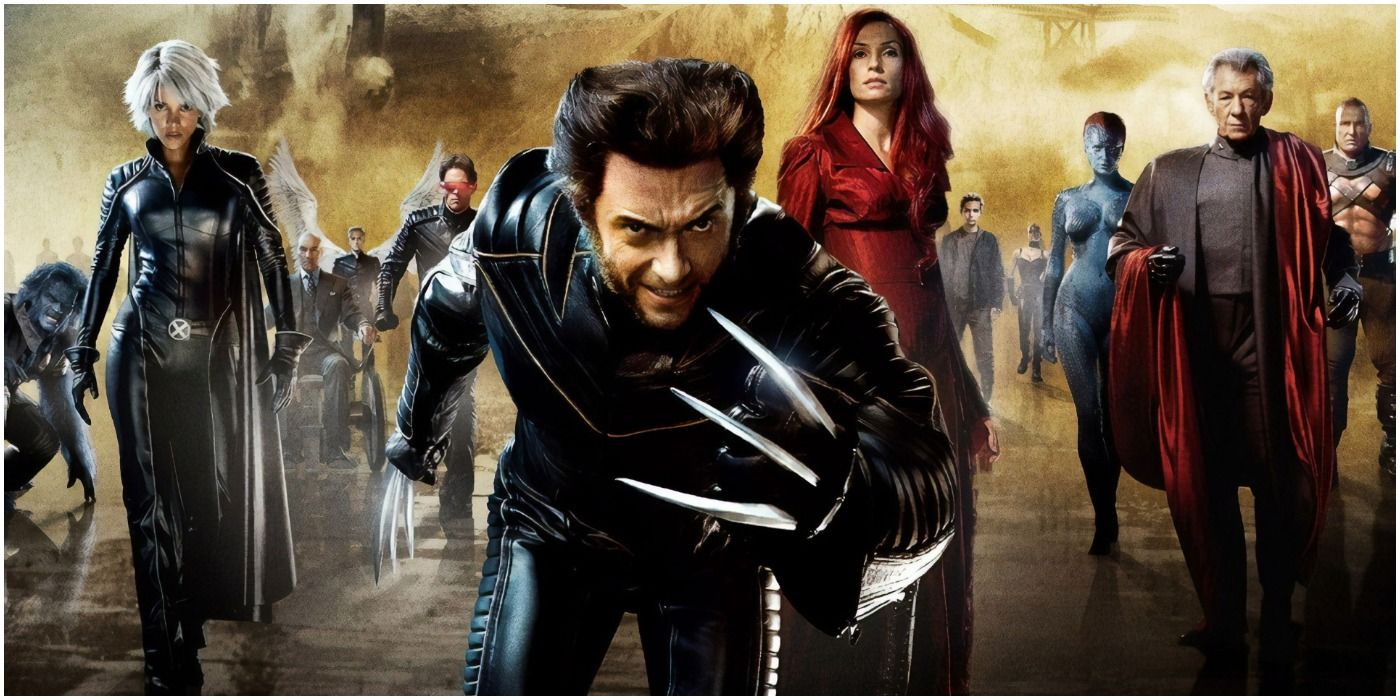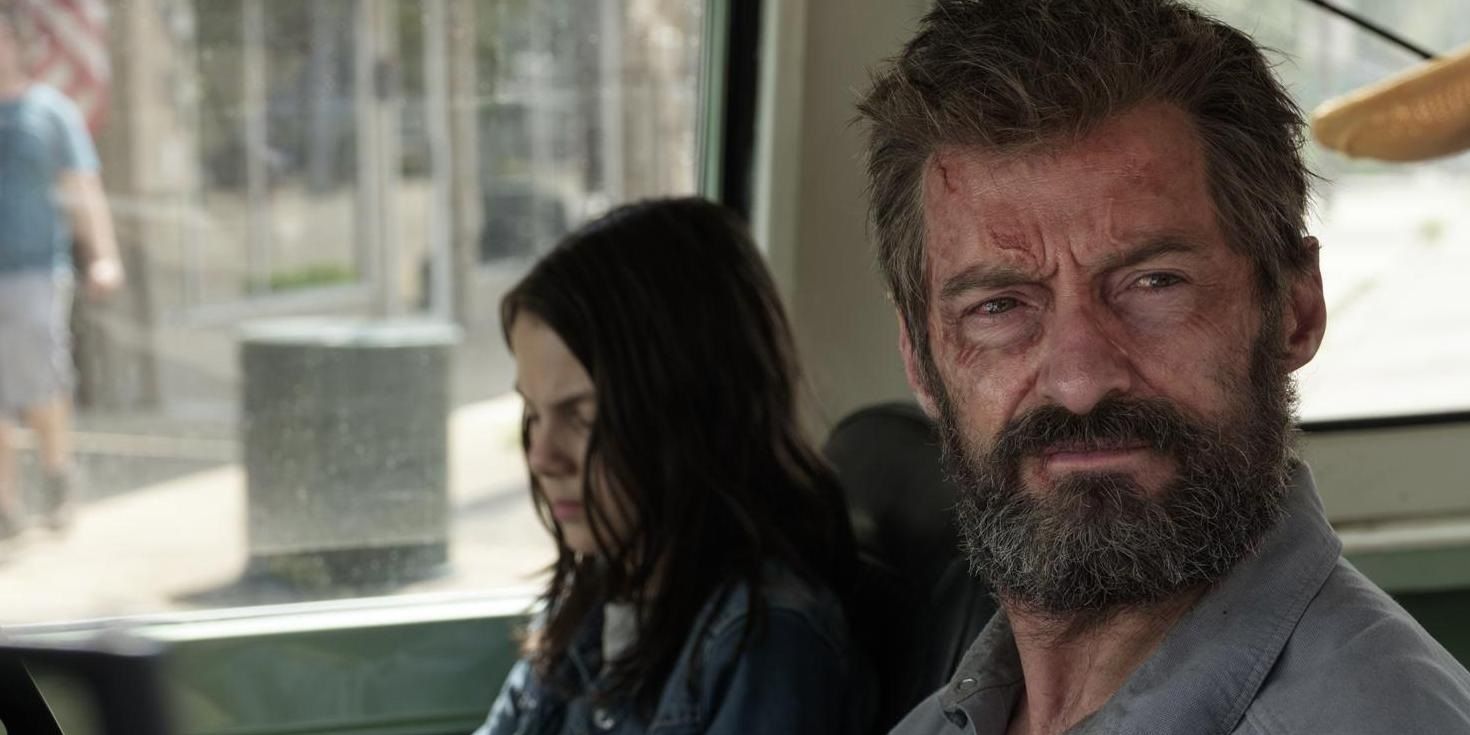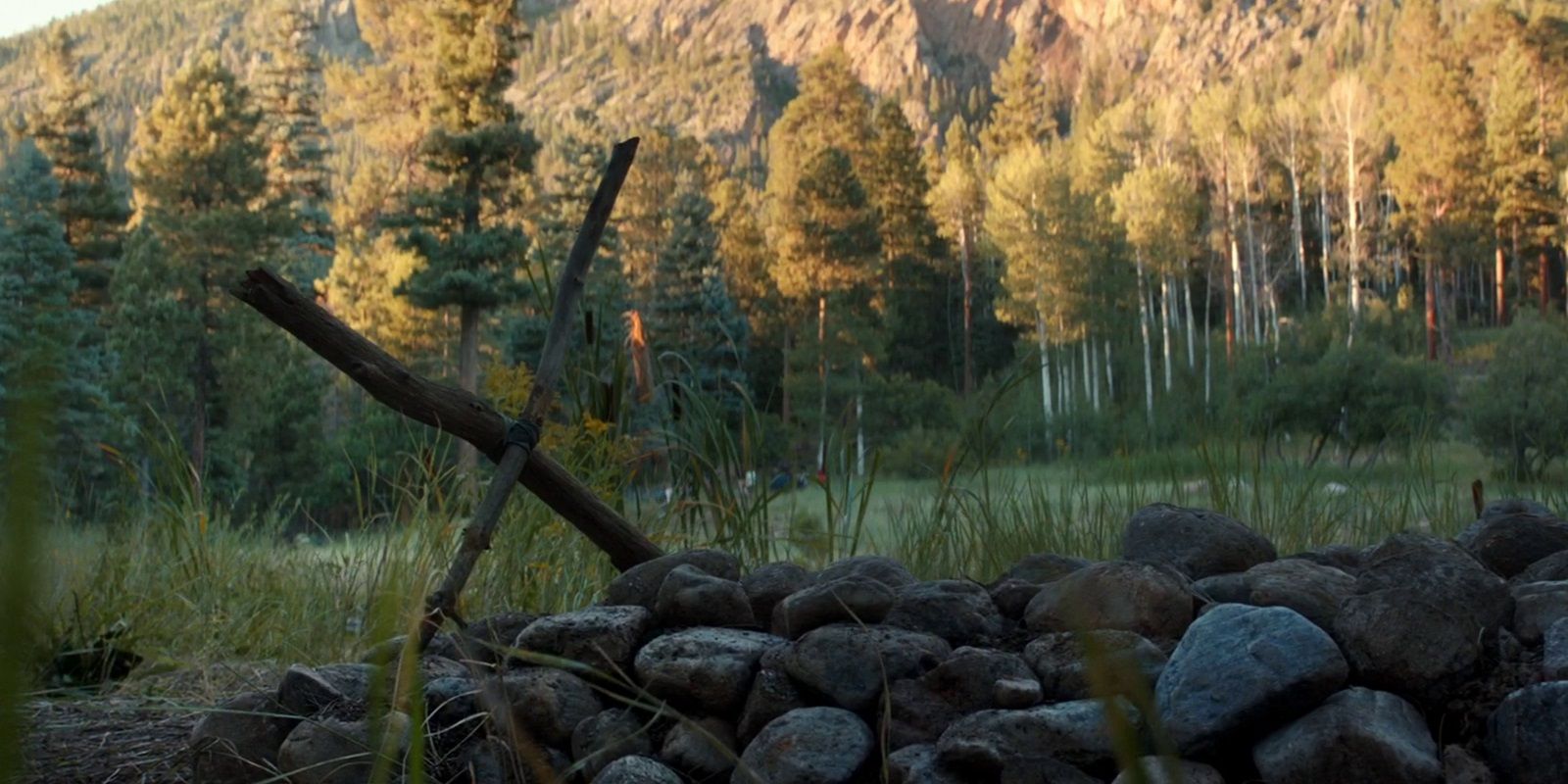
While the contributions of Blade can’t be discounted and Spider-Man bolstered the trend a couple of years later, 2000’s X-Men is generally regarded to be the inception of the current superhero movie craze. Bryan Singer’s ensemble team-up proved that comic book movies could be viable blockbuster franchises with plenty of sequel and spin-off potential, essentially paving the way for the Marvel Cinematic Universe to begin eight years later with Iron Man. So, it was a shame to see Fox’s X-Men movies go out so unceremoniously last year with The New Mutants, which had been reshot and recut beyond comprehension over an infamously troubled production process during which the studio behind its edgy horror sensibility was acquired by Disney.
It’s especially a shame because the long cinematic journey that began with the first X-Men movie already had its perfect conclusion in 2017 with James Mangold’s Logan. After Logan, Fox’s X-Men franchise brought out Dark Phoenix and The New Mutants (Deadpool 2 doesn’t count because it’s part of the MCU now), both of which bombed financially and disappointed fans, before Marvel reacquired the rights to the characters and pledged to reboot the franchise in their booming Avengers-verse. Logan would’ve made a much more ceremonious finale for the first big-screen X-Men series. It acted as a perfect swansong for Wolverine in particular, but its deconstruction of the mutant myths and its Shane-inspired message of hope would’ve made it the perfect ending for the X-Men franchise at large.
RELATED: Logan Director Confirms Hugh Jackman Never Wore Wolverine Mask
A huge problem with some of Fox’s later X-Men movies is the franchise’s convoluted parallel timelines. There’s even a meta gag about it in Deadpool. The near-future setting of Logan skips over the needlessly complicated timelines to keep the story focused on the emotional core of the characters. Both Hugh Jackman’s Wolverine and Patrick Stewart’s Charles Xavier are at the end of the road when Logan catches up with them. Wolvie is contemplating suicide with an adamantium bullet as his powers begin to fail him, while Charles is suffering from dementia, which is especially bad because he has the most powerful mind on Earth. The movie brings a previously unseen melancholy to the duo’s established father-son relationship. It’s a startlingly accurate portrayal of the realities of taking care of a disabled loved one.

Logan and Charles’ well-worn father-son bond is reflected in Logan’s burgeoning relationship with his long-lost cloned daughter Laura. As usual, when Wolverine is called into action, he’s reluctant to help out. He rejects Laura for as long as he can, because everyone who gets close to him winds up getting hurt. This internal conflict looks back on the long history of the X-Men movies – which moviegoers have been enjoying for years – as trauma and emotional baggage that Logan has to live with. It also continues into this movie, as Charles is killed by a clone of Logan himself.
Logan pretty overtly positions itself as a demythologization of superhero blockbusters. Ironically, it’s a takedown of an oversaturated media landscape that its own predecessor helped to create, bringing the series’ influence on the genre as a whole full circle by demonstrating how to subvert the clichés it established. The movie deconstructs superheroes in more ways than just focusing on a hard-drinking antihero who doesn’t jump at the chance to do good deeds. In the alternate world of Logan, there’s a long history of X-Men comics based on the mutants’ adventures, but Wolverine insists that half of it is made-up and the other half is full of mistruths.
As superhero movies have become Hollywood’s favorite currency, audiences have become frustrated and disillusioned with the limitations of those stories. But Mangold proved with Logan that those limitations are only limitations if the filmmakers let them be. In telling the story of Wolverine’s final adventure, Mangold was less influenced by specific comics – although “Old Man Logan” was obviously a big source of inspiration – and more by Hollywood classics. But instead of blatantly ripping off characters and plot points from previous movies, like Todd Phillips did with the heavily Scorsese-inspired Joker movie, Mangold took the broad themes of the classic western Shane (the inability to outrun a dark past) and pushed them through the father-daughter road trip story of Paper Moon.

After its acclaimed initial two outings, the X-Men movies struggled to get audiences to care about their heroes in the way they cared about Batman and Spider-Man and the Hulk. Logan arrived as a breath of fresh air because it was arguably the most emotionally resonant X-Men movie to date (and after Dark Phoenix and New Mutants, it’s safe to say it remains the most emotionally resonant movie of the whole franchise). For once, the world isn’t at stake. Just a few kids’ lives are at stake – but that’s more than enough to get audiences to care, and it’s a much more manageable worst-case scenario for audiences to wrap their heads around than a world-ending crisis.
In the absence of montages of entire cities being obliterated, Mangold fills Logan with authentic human moments to deepen the connection between Logan and Laura, which ultimately makes the payoffs in the movie’s glorious third act more effective. Logan culminates in a thrilling, action-packed finale when Wolvie decides that the next generation of mutants is worth fighting for and races into the woods to slaughter the armed henchmen sent to capture them.
The third-act showdown concludes all of the movie’s story threads and character arcs in hugely satisfying ways. Logan’s climactic fight with X-24 is a spectacular visual metaphor for Logan confronting his demons in his final moments. The film’s ending, in which the young mutants bury Wolverine and give him a heartfelt send-off before leaving for the bright future he secured for them, would’ve made the perfect final statement of Fox’s X-Men franchise. Now, instead of telling a powerful saga that begins with X-Men and ends with Logan, the franchise’s legacy looks more like the Disney merger put it out of its misery after Fox ran it into the ground.
MORE: Ryan Reynolds Says Deadpool 3 Was Originally Road Trip Film With Logan

